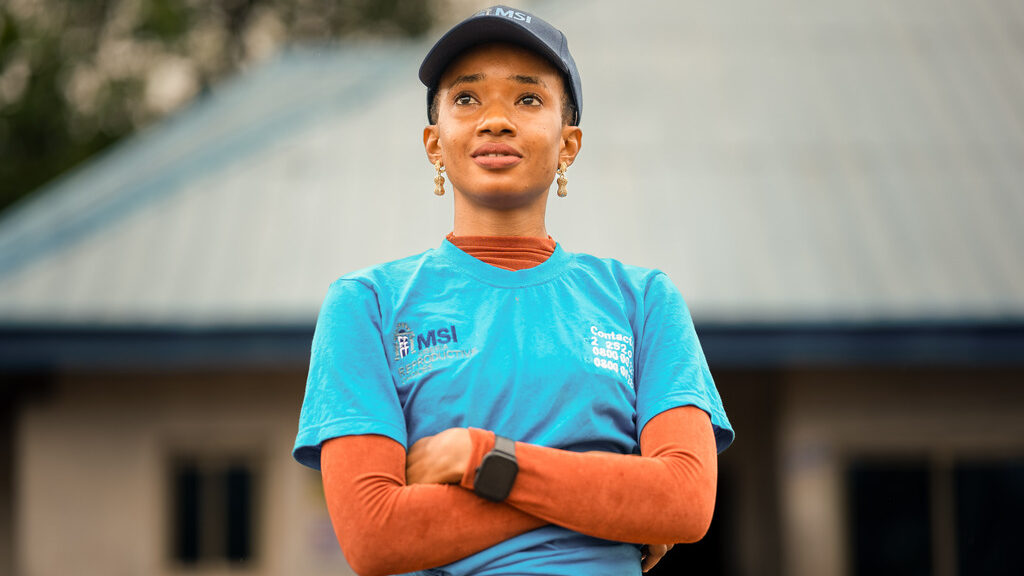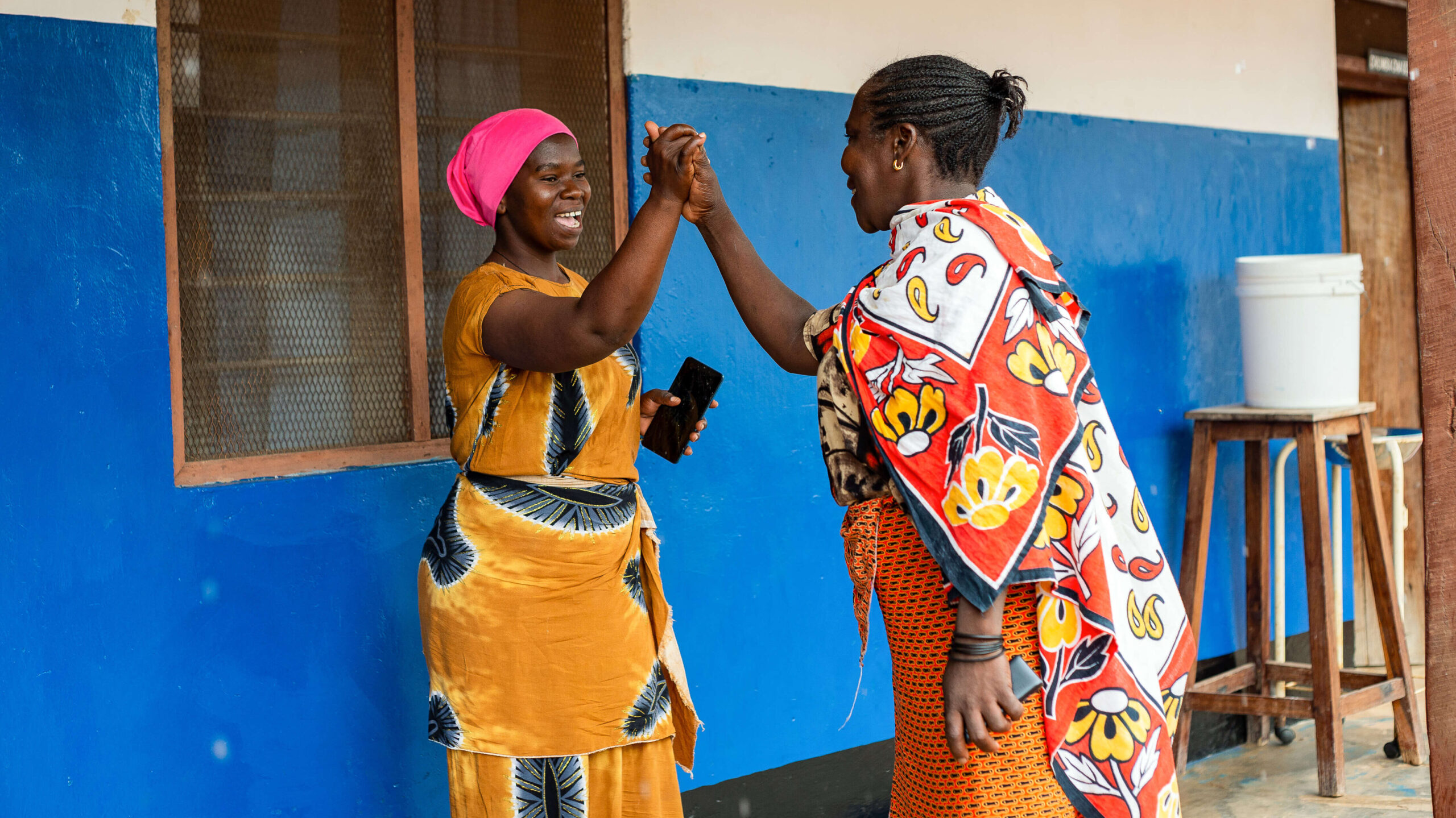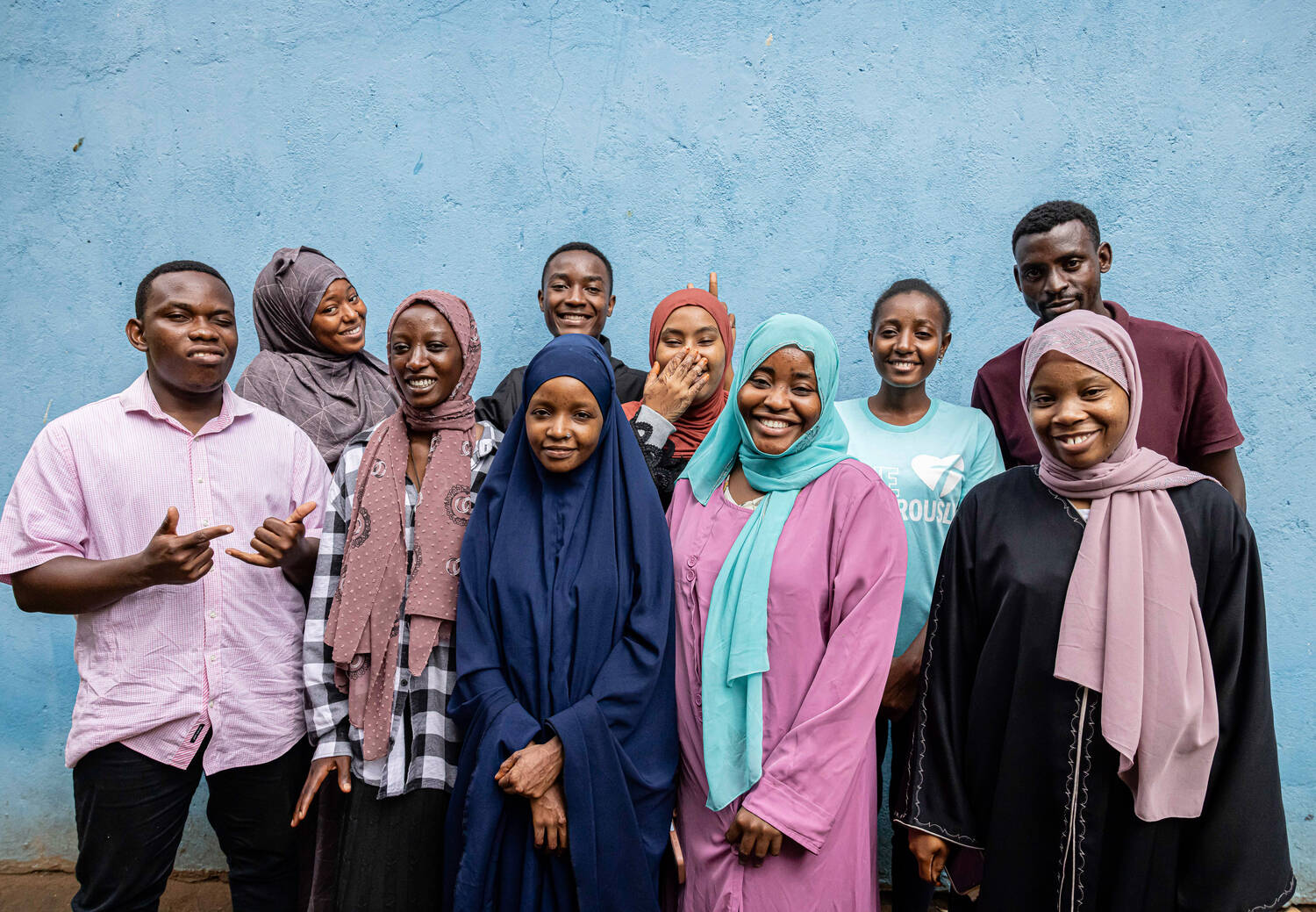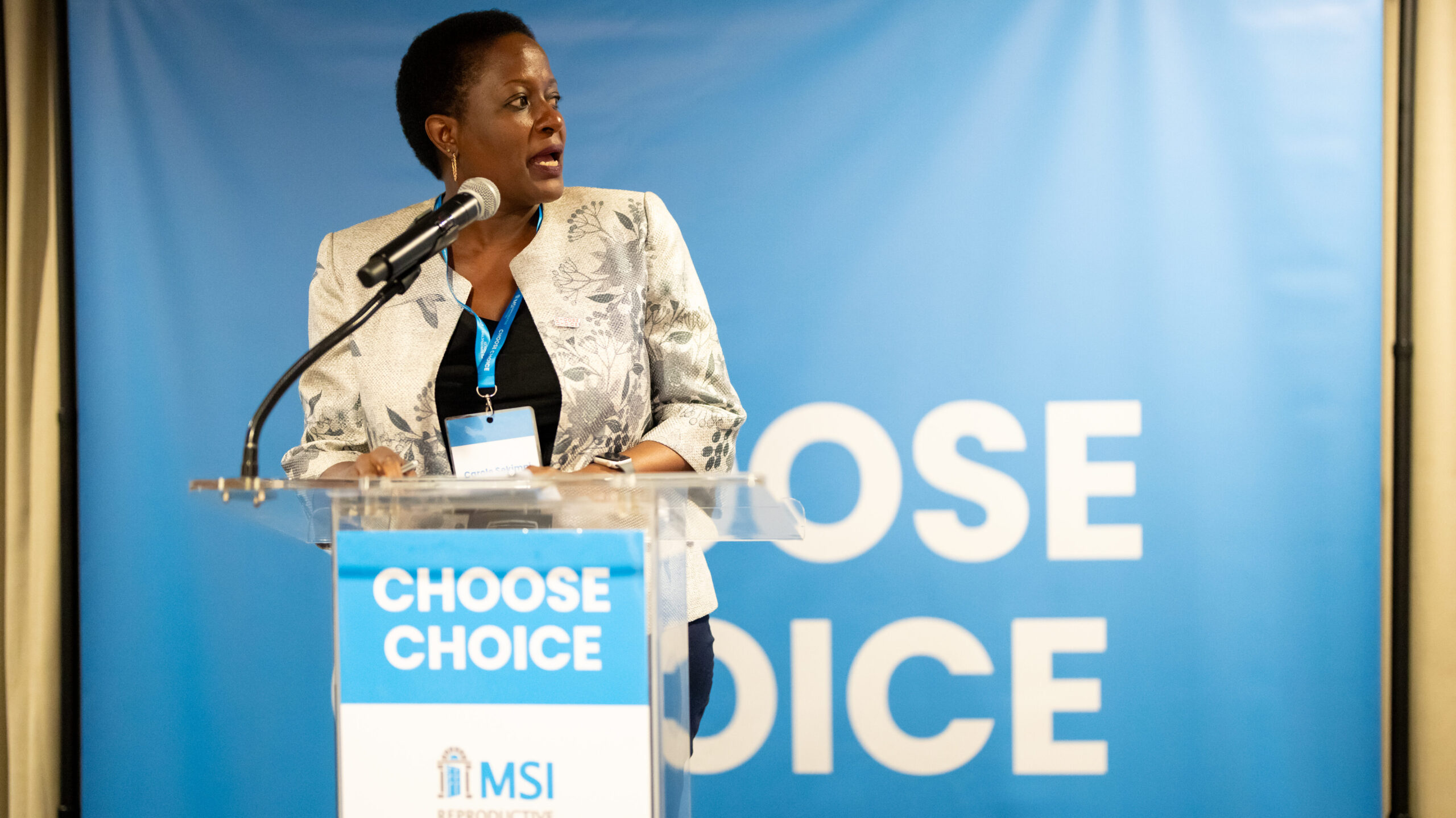
This year, MSI participated in the Commission on the Status of Women (CSW) and the Commission on Population and Development (CPD). Next up is the UN General Assembly (UNGA). Here’s why we’re there.
“Women’s rights are under siege, reproductive rights are under attack, and around the world, hard-won gains are being thrown into reverse.”
These words from UN Secretary General António Guterres illustrate why MSI has decided to bring our voice – and the lived experiences and solutions of reproductive healthcare providers, our clients and the communities we work with – to the global stage.
Healthcare does not exist in a vacuum. It’s shaped and contested by politics, power and social justice issues, and we can’t underestimate how decisions made at the UN impact our rights and lives.
Global negotiations are profoundly important spaces where countries debate and where overlap and alignment can be found. But with diverse views and geo-politics colliding, they are also deeply contentious spaces. For many reasons the services that MSI provides – contraception and abortion care – are often at the fault line of the debate.
As a reproductive healthcare provider, we can’t support people with the choices and care they want if policies, laws and international agreements are restricting their rights. Especially when the progressive laws that do exist are fragile and can be rolled back.
With the Trump administration actively restricting reproductive healthcare and dissolving USAID, anti-choice and anti-rights groups are leveraging a palpable sense of momentum and have unprecedented influence and access in UN negotiations and spaces. It’s a critical reminder of what’s at stake. The disinformation they’re peddling, and their aggressive tactics, are chipping away at long-embedded rights, language and commitments.
Behind these closed doors, who is listening to women in remote communities? And to girls who want to finish their education? Who is hearing directly from healthcare workers and the challenges they’re facing?
This is why MSI is committed to making sure sexual and reproductive health and rights (SRHR) remains visible in these spaces and to building continued support.
Experienced, evidence-based and human perspectives from health providers and women need to be heard. Alongside our partners, MSI is bringing these voices and solutions into the conversation.
Reproductive rights at the UN General Assembly
UNGA 2025 will feel different. Since the previous assembly, we’ve experienced an intense assault on sexual and reproductive health and rights, and global health and development. Many of our partners have lost funding and others have been forced into silence, their hands tied politically or financially by the Trump administration.
MSI will be speaking up and convening to mobilise financial and political support for SRHR.
The UN General Assembly will run from 23–27 September, and coincides with Choice Week – when we celebrate both World Contraception Day and International Safe Abortion Day. We will continue to talk about both contraception and abortion as life-saving healthcare and a human right. And we’ll be evidencing how access to reproductive healthcare is foundational to achieving gender equality and global progress.
As we see a rise in disinformation and misinformation on SRHR, we’re joining the Fuller Project to convene journalists and others to discuss how we can defend health and rights, and fight to maintain public understanding and progressive policies. Similar local convenings will be hosted around the world, alighting a revitalised fight to disarm disinformation. Because now more than ever we need information we can trust.
And as heads of state and policymakers travel to the UN General Assembly New York, a prominent billboard (aka our ‘pillboard’) will remind them that many women are still demanding access to contraception, ensuring that no one will leave UNGA without seeing or hearing this crucial message.

Reflections from other UN events this year
Earlier this year, MSI participated in the Commission on the Status of Women (CSW) in March and the Commission on Population and Development (CPD) in April. These convenings exist to hold governments to account for commitments made in relation to gender equality and SRHR – creating a framework for national laws and policies.
MSI representatives from Nepal, Burkina Faso and Bolivia attended, grounding discussions in reality by sharing their lived experiences of these issues.
We were also privileged to learn from and work alongside many global and regional partners who have long led advocacy in these UN spaces.
In recent years these events have become increasingly polarised and tense – with states often deeply entrenched in their own positions, blocking global unity and progress. UN Women has acknowledged progress is “far too slow, uneven, and fragile” – a sentiment shared by many.
The absence of agreements this year was glaring. To get consensus over the line at CSW, all mentions of sexual and reproductive health and rights were omitted, sacrificed in political bargaining. This significantly weakens the scope of the negotiated outcome document, ignoring the overwhelming evidence that SRHR advances gender equality and improves the lives of women and girls.
At CPD, no consensus was reached. However, a powerful statement in support of SRHR was signed by 78 nations, showing the solidarity and push to protect our rights. We continue to have the strength of the pro-choice movement and evidence on our side.
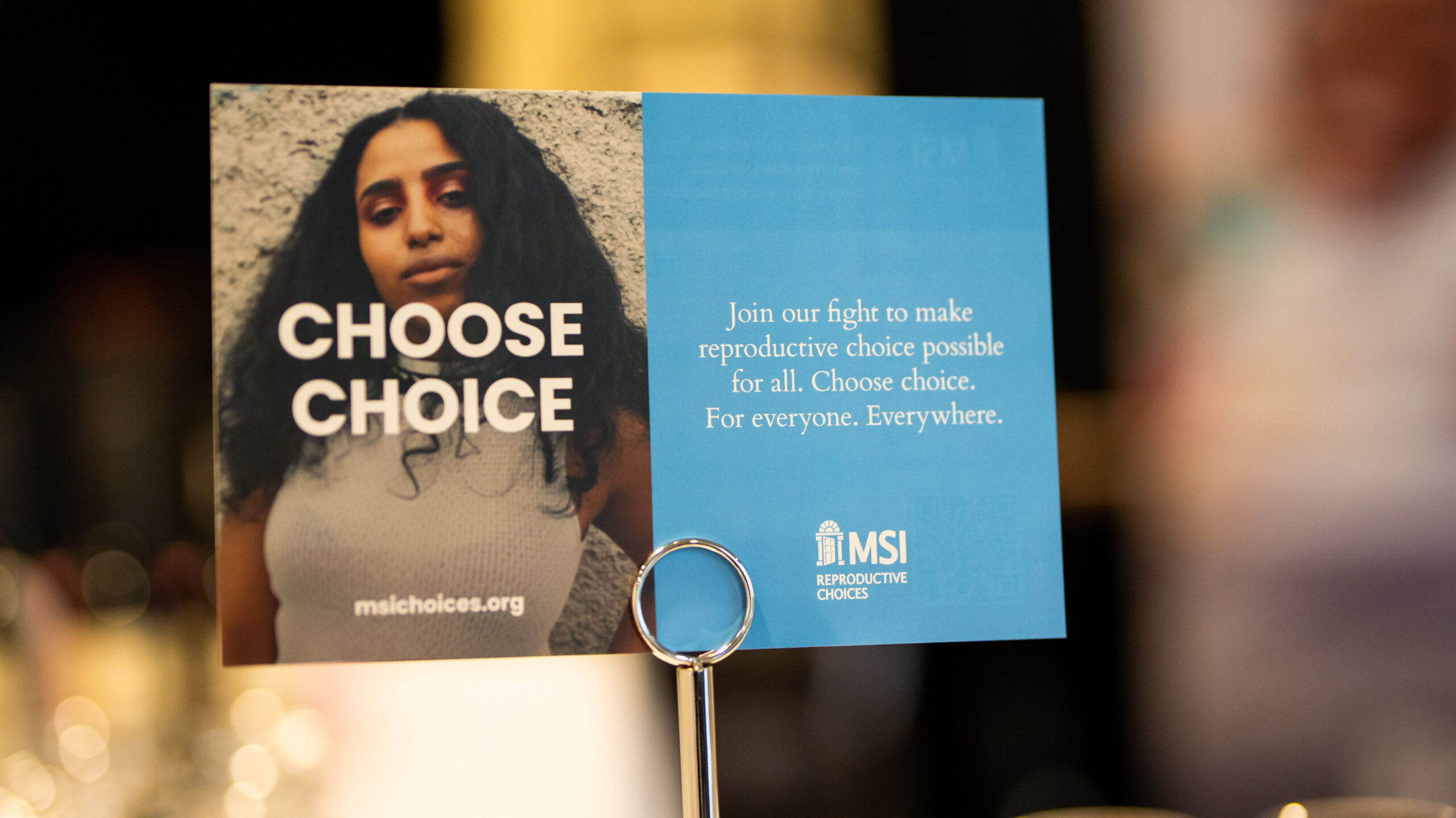
Driving change, in and out of the UN’s halls of power
Despite the imperfect and fractured nature of UN spaces, they continue to be an important mechanism for protecting our rights and the future we want to create. So MSI will continue to show up boldly.
Meanwhile, with the rising demand for our services across the world, we’re also driving change at national and local levels to ensure contraceptive and abortion services remain available and open every day.
People’s lives and futures depend on it.






